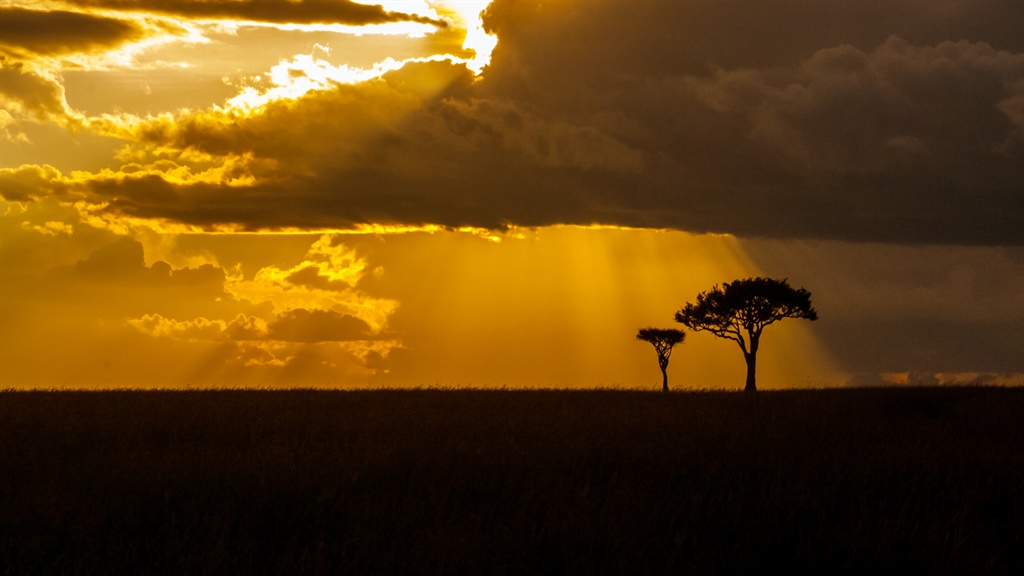Expropriation without compensation hangs over the South African economy, with Parliament in the process of drafting an ill-considered amendment to our Constitution. According to Moneyweb, the economy is stuck in its longest downward cycle since 1945. With the potential amendment to section 25 of the Constitution, local and foreign investors have another reason to look at other African countries, where their investments will be more secure than in South Africa. If we are to have any economic growth, we must have secure private property rights for all South Africans.
Why exactly are secure property rights so vital for economic growth?
Each person ought to be free to make their own choices, and to invest their time and skills in furthering the goals they think are best for their own welfare and happiness. No third party must make their life decisions for them – no matter how enlightened those people, politicians included, may think they are. Each individual’s life is vastly different from the next. To think that one can make economic and life decisions for someone else is a path that leads to the abuse of individual rights and freedoms, not to mention economic misery.
In the latest Economic Freedom of the World report, published by the Fraser Institute, South Africa ranks at 101 out of 162 countries. We were ranked 47 in 2000, when we were a far freer economy than we are now and had about 4.4% economic growth that year. The report uses five broad areas – composed of data from various sources including the World Bank – to arrive at an average economic freedom score. In terms of protection of property rights, South Africa has a score of 5.39 out of 10. As more businesspeople and investors realise the vital link between economic freedom and economic prosperity, they will look to countries where their investments will be secure and protected. By considering and clearly planning to implement expropriation without compensation, South Africa is doing an abysmal job of assuring investors of security.
As economic freedom declines in a country, the quality of life in that country declines as well. It is the poorest members of society who are most affected by even minor changes in price. The rich can move their assets abroad and are not reliant on fixed incomes. When capital investment drops, goods and services either rise in price or disappear completely. For people who rely on staple foods, such as maize, rising costs in transportation and fuel mean they have to spend more of their shrinking income on less sustenance – it is a vicious cycle. Businesses grows when investors and people with more capital have confidence in the property rights of a country. This means more job creation and healthy competition between businesses.

Property rights must not be viewed as an abstract concept with zero relevance to the economic reality experienced by most South Africans daily. From the smallest shop owner in a rural settlement to the biggest commercial farmer, equal protection of private property should be ensured by government. If government is granted the power to arbitrarily take property without the checks and balances of fair compensation, South Africa will head down a path of human rights abuses and economic misery known in recent times only in Zimbabwe and Venezuela. No politician or bureaucrat, no matter what party they belong to or however noble they profess their intentions to be, should ever have this level of power and control over our lives.
EXPROPRIATION WITHOUT COMPENSATION IS NOT GOING TO REMEDY THE INJUSTICES OF THE PAST. IT WILL ONLY ENTRENCH THEM.
For most of human history, secure property rights were absent and if you wanted something from your neighbour you simply took it – by force if necessary. The protection of private property is a relatively modern construct, and the countries with the most legally secure property rights are the most prosperous. For those countries that profess to respect human rights, property rights are non-negotiable.
SOUTH AFRICA ONCE ALLOWED GOVERNMENT TO DICTATE TO PEOPLE WHERE THEY COULD LIVE AND TRADE, AND THIS LACK OF SECURITY AND RESPECT FOR PRIVATE PROPERTY CAUSED GREAT POVERTY AND INDIGNITY. IT MUST NEVER BE ALLOWED TO HAPPEN AGAIN.
Expropriation without compensation is not going to remedy the injustices of the past. It will only entrench them. South African property owners and businesspeople should be assured by government that their property rights will be strengthened and always respected, never diluted. Without property rights, no other rights have any true manifest meaning, for once government has the sort of power implied by expropriation without compensation, rights abuses will inevitably follow. South Africa once allowed government to dictate to people where they could live and trade, and this lack of security and respect for private property caused great poverty and indignity. It must never be allowed to happen again.
- Hattingh is project manager at the Free Market Foundation
This article was first published on City Press on 26 September 2019